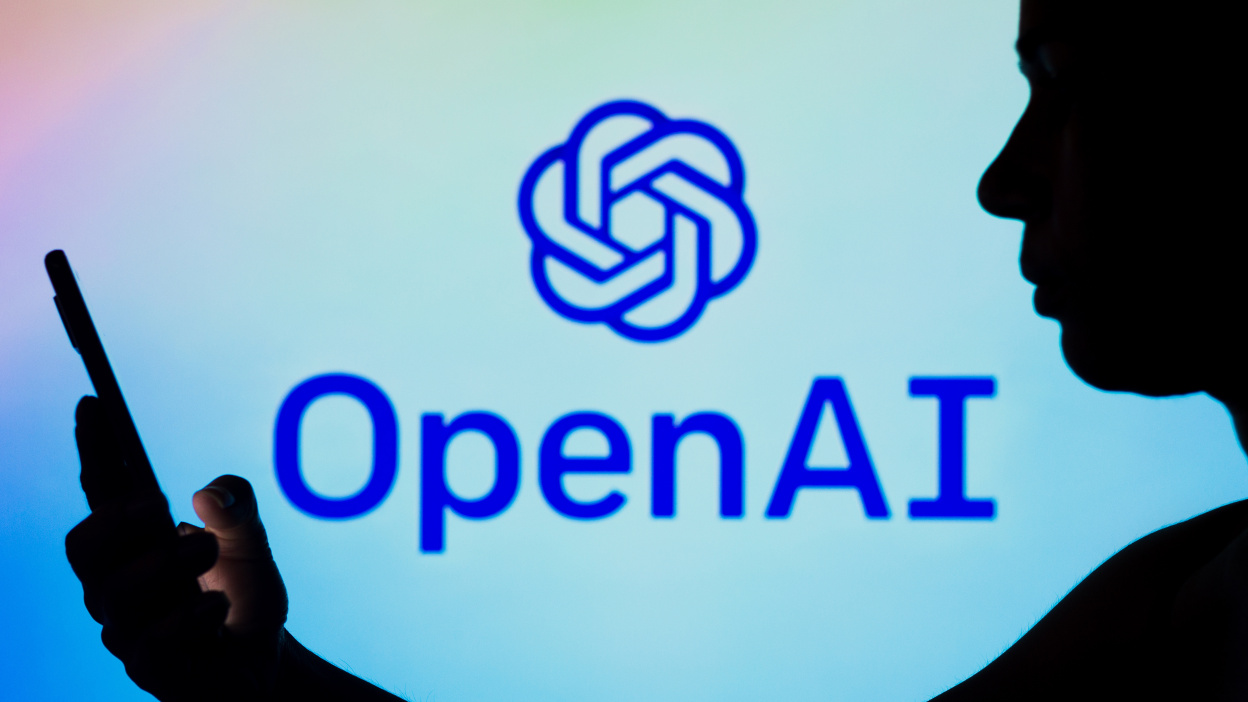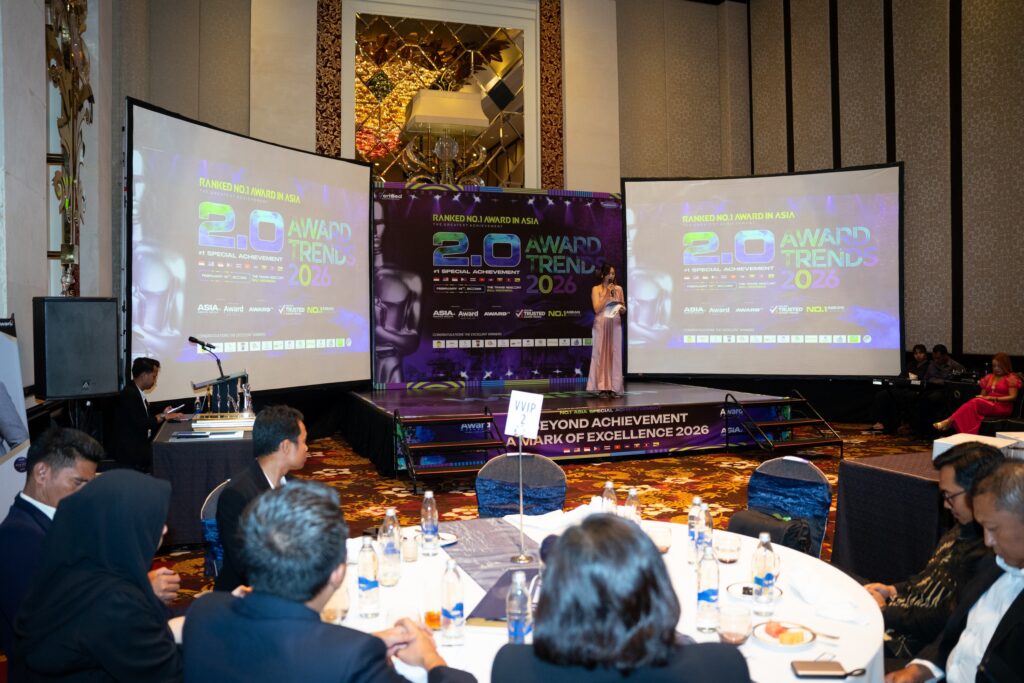In the quest to power an increasingly digital and energy-intensive future, some of the biggest names in technology are turning their attention to nuclear energy. Among them is Sam Altman, a figure renowned for his leadership at OpenAI, the company driving advancements in artificial intelligence (AI). Yet, Altman’s ambitions extend beyond AI; he chairs Oklo, a nuclear energy startup that aims to redefine how we generate clean power. This venture underscores a broader trend where tech leaders are investing in nuclear technology, positioning it as a cornerstone of sustainable energy for AI-driven innovations.
The growing demand for electricity, fueled by energy-intensive AI technologies and sprawling data centers, has become a pressing challenge. According to UBS analysts, energy consumption by U.S. data centers has surged by 50% since 2020, now accounting for 4% of the nation’s total energy use. By 2030, this figure could reach 9%, amplifying concerns about energy scarcity. This looming crisis has prompted tech giants like Microsoft, Amazon, and Meta to secure long-term nuclear energy deals, highlighting its reliability compared to intermittent renewable sources such as solar and wind.
Anna Erickson, a professor specializing in nuclear engineering at Georgia Tech, notes that nuclear energy’s consistent output makes it particularly appealing to tech companies. “Data centers operate 24/7 and require a stable power supply,” Erickson explained. “Nuclear energy’s reliability ensures that operations remain unaffected by weather or time of day.”
Altman’s Oklo represents one of several ambitious nuclear ventures backed by tech leaders. Oklo is focused on developing advanced small modular reactors (SMRs) designed to maximize energy output while minimizing fuel usage. These reactors could even recycle spent nuclear fuel, an innovation that aligns with both economic and environmental goals. The company recently received approval to begin site investigations for one of its reactors in Idaho and has secured agreements to supply power to data centers.
Altman’s nuclear investments are not confined to Oklo. He is also a backer of Helion Energy, a startup pursuing fusion technology. Other tech moguls, including LinkedIn co-founder Reid Hoffman and venture capitalist Peter Thiel, have joined him in supporting Helion. Meanwhile, Microsoft founder Bill Gates has channeled over $1 billion into TerraPower, a company working on advanced reactors that prioritize safety and efficiency. TerraPower recently broke ground on a demonstration plant in Wyoming, slated to be operational by 2030.
Despite the optimism surrounding nuclear innovation, challenges remain. Edwin Lyman, director of nuclear power safety at the Union of Concerned Scientists, warns against potential regulatory complacency. “Silicon Valley giants wield immense influence, and their push to streamline regulations could compromise safety standards,” Lyman cautioned. Historical projects have also faced delays and cost overruns, and the U.S. is grappling with a limited supply of enriched uranium due to import restrictions from Russia.
For proponents like Gates, these hurdles are worth overcoming. Speaking at TerraPower’s groundbreaking ceremony, he emphasized the role of nuclear energy in combating climate change. “Expanding nuclear energy generation is critical to achieving zero-carbon energy,” Gates stated, framing the technology as indispensable for a sustainable future.
Megan Wilson, Chief Strategy Officer at General Fusion, another nuclear startup, echoed this sentiment, highlighting the growing interest from tech companies as a recognition of the need for “clean, baseload power that is free of carbon dioxide and methane emissions.” While General Fusion’s technology is still in the development phase, it promises enhanced safety by combining atoms rather than splitting them, reducing the risk of catastrophic failure.
As tech leaders champion nuclear energy, their investments may catalyze broader adoption and innovation. However, the extent to which these efforts will benefit society at large remains uncertain. Critics like Sharon Squassoni, a research professor at George Washington University, question whether these initiatives will extend beyond corporate interests. “Tech companies are prioritizing their operational needs,” Squassoni observed. “The public benefit of these investments is yet to be determined.”
The push for nuclear energy reflects a complex intersection of technological ambition, environmental responsibility, and corporate strategy. For Altman, Gates, and their peers, the vision is clear: a future where clean, reliable energy powers groundbreaking advancements in AI and beyond. Whether this vision becomes a reality depends not only on technological breakthroughs but also on navigating regulatory landscapes and addressing public concerns about safety and equity.







